Joe Wright’s “The Woman in the Window” brings A.J. Finn’s thriller novel to the big screen, adding to an already-saturated genre of mediocre whodunit films.
While “The Woman in the Window”’s delayed Netflix release has long attracted the interest of thriller-oriented cinephiles since 2019, controversy surrounding the film’s collaborators has thus far proved more intriguing. Dan Mallory, who wrote the film’s source novel under the pen name A.J. Finn, stoked controversy after a New Yorker piece exposed him for fabricating myriad “facts” about his personal and professional life. These accounts ranged from absurd falsehoods about how Mallory would leave cups of urine at his colleagues’ houses to mundane lies about his British accent and heritage. If anything, the confusion clouding Mallory’s history is indicative of “The Woman in the Window”’s equally daft narrative and general unintelligibility.
The film’s main character, Anna Fox (Amy Adams), suffers from severe agoraphobia and anxiety. We watch as Anna spends her days drinking red wine, caring for her white cat Punch, and spying on her neighbors from the view of her Harlem brownstone — she is, after all, the titular woman in the window. Anna, who has not ventured outside her house for 10 months, regularly converses with only a handful of people through phone calls and in-person gatherings. Among these are her scruffy downstairs tenant (Wyatt Russell), therapist (Tracy Letts, also credited for the screenplay), her husband (Anthony Mackie) and their 88-year-old daughter (Mariah Bozeman). Anna’s perennial solitude is interrupted when the Russell family moves across the street, piquing her interest. Chaos ensues when Anna witnesses Jane Russell (Julianne Moore) murdered after fighting with her husband Alistair (Gary Oldman). However, when Anna reports this incident to the police, she is dismissed as a delusional, pill-addicted liar and earns the scorn of Alistair and his son Ethan (Fred Hechinger).
The most confounding aspect of “The Woman in the Window” is not Mallory’s questionable past or even the seemingly infinite red-herrings infused into the film: it’s the general bleh-ness, or mediocrity, of a movie whose cast list suggests a star-studded Oscar worthy piece. Amy Adams’ award for Best Actress has long been due, but she is stifled by Anna’s two-dimensionality as a character whose range of emotions never ventures past confusion or fear during the entirety of the film’s hour and forty minutes. Indeed, Anna feels less of a protagonist than a fractured woman silenced by gaslighting.
The movie also suffers from director Joe Wright’s stylistic endeavours when incorporating dizzying camera angles, unfinished plotlines, and homages to classic cinema. Wright’s previous success in directing period pieces — his masterful “Anna Karenina” and “Pride and Prejudice” have achieved cult status in some corners of Letterboxd — does not translate well into the thriller genre. “The Woman in the Window” has all the trappings of a highly stylized Wright film — constant references to Hitchcock classics, playful lighting that seeps through window blinds, and trippy flashbacks — but the lack of a guiding narrative makes these dramatic choices, and the movie as whole, all the more confusing. The mere quality of being confusing, though, does not necessarily reduce a work of film to mediocrity. Sometimes befuddling narratives and heavily directed movies appear inventive and even artistic — Charlie Kaufman’s “I’m Thinking of Ending Things” immediately comes to mind. However, “The Woman in the Window”’s suspenseful ending is drowned out by classical film references and plot detritus that leave viewers struggling to assess the relevance of the movie’s many elements.
Despite its failure to deliver as an enticing thriller film,“The Woman in the Window” is successful in proving one long debated truth: namely, that the book is always better than the movie — though in this case, not by much. Where the movie rushes over its many side characters, the novel explores each role with more depth and nuance. What the two manifestations of the story have in common though, is an entirely predictable, sometimes boring, ending. By the end of both the film and the novel, I felt what Anna probably experienced during her bout with the Russells: a mixture of confusion, exhaustion, and an intense desire to believe that what I had just witnessed was not real.
Grade: C-
Director: Joe Wright
Starring: Amy Adams, Julianne Moore, Gary Oldman, Anthony Mackie, Wyatt Russell, Tracy Letts, Fred Hechinger
Release Date: May 14, 2021
Rated: R
Image courtesy of indiewire.com.


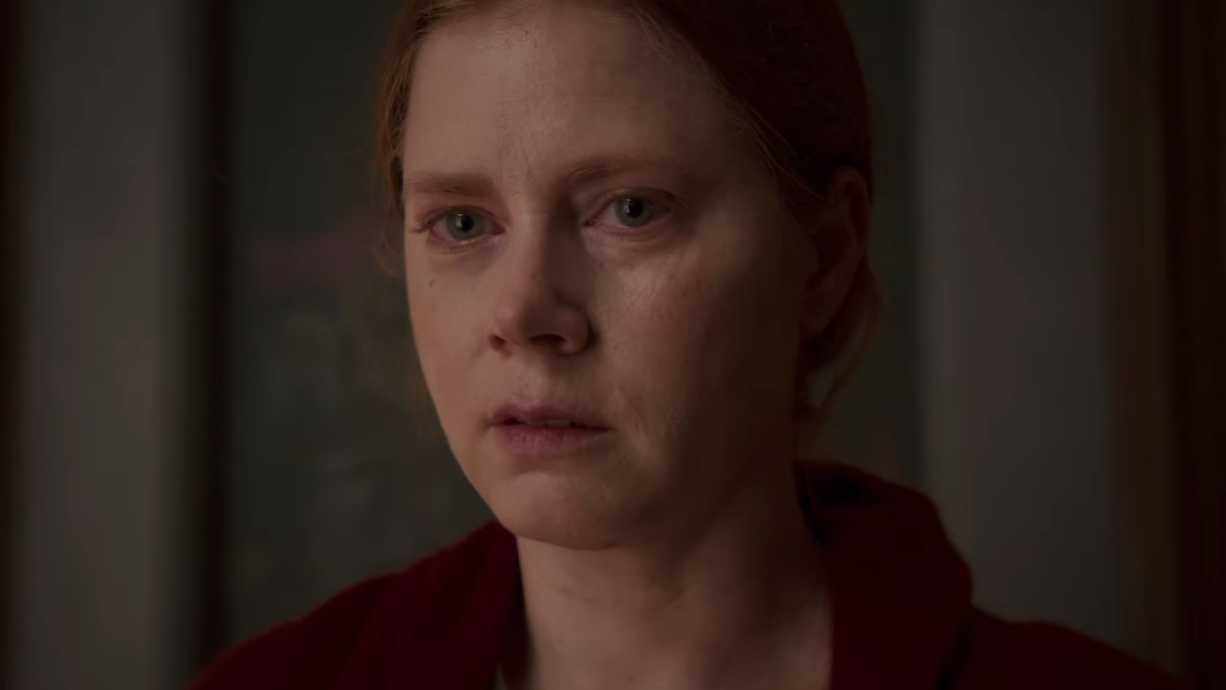
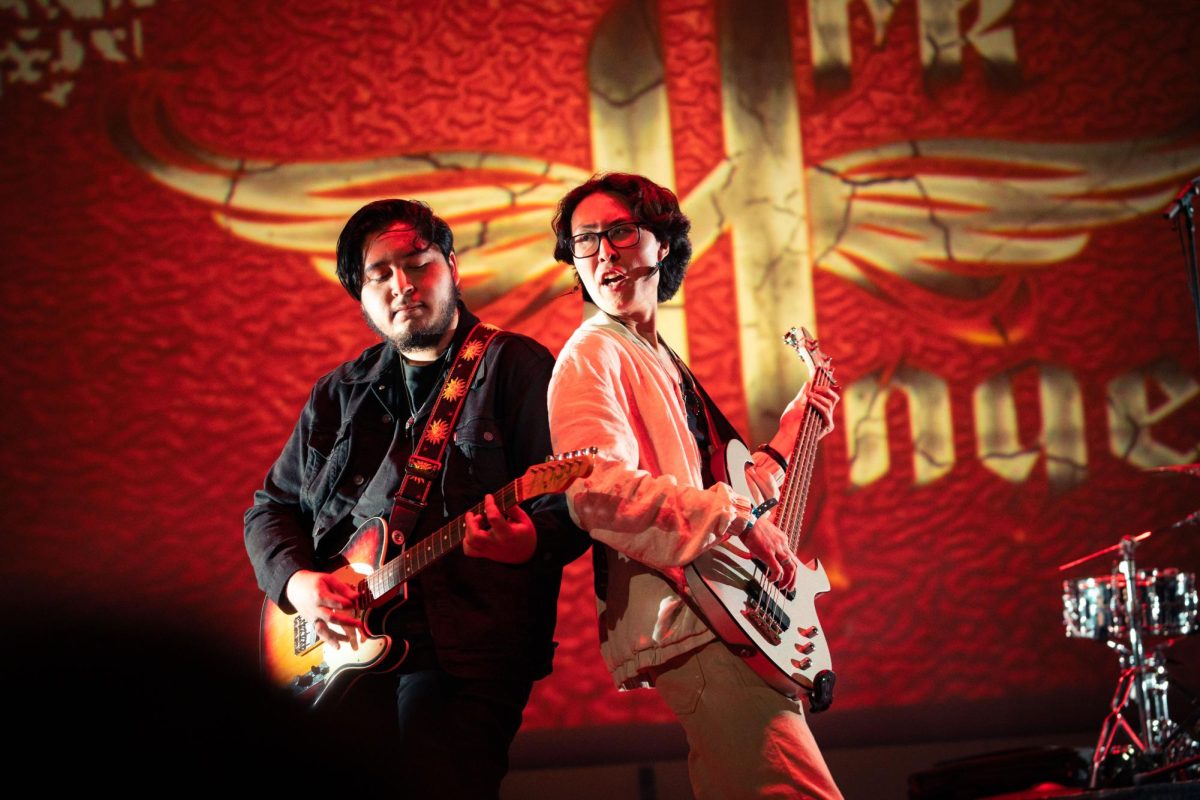

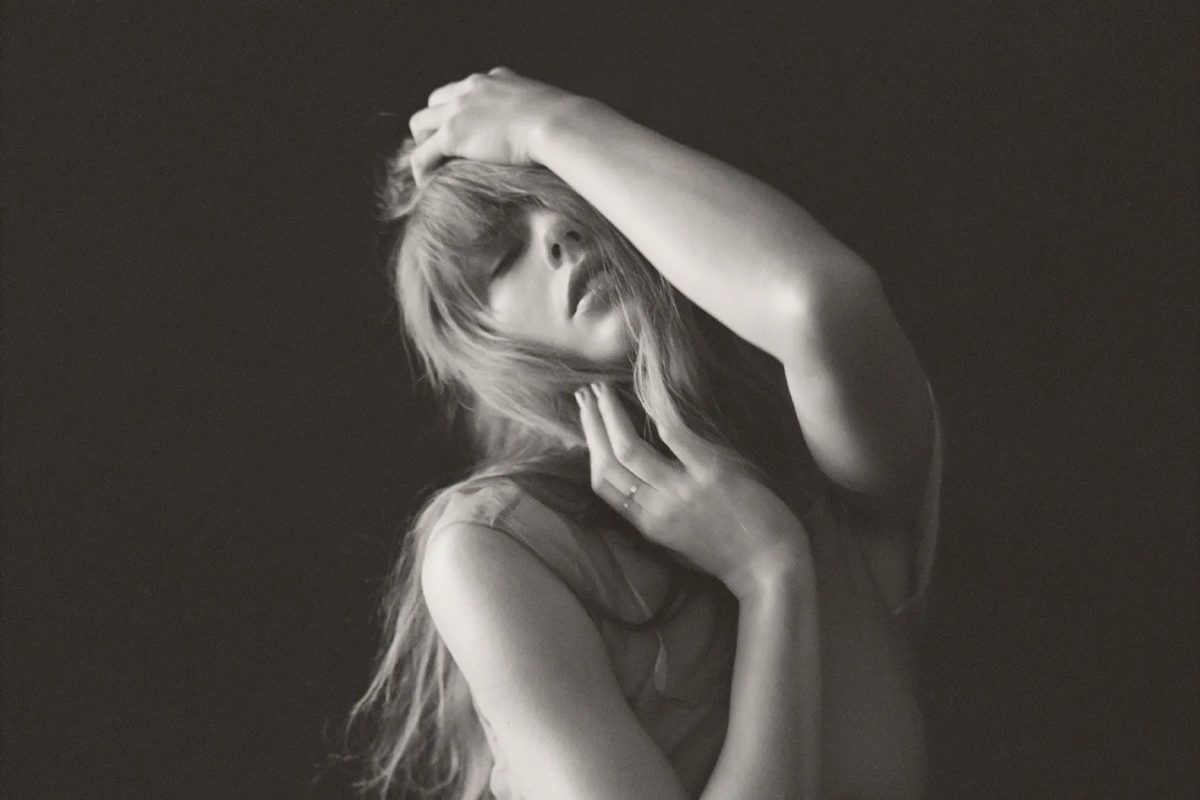
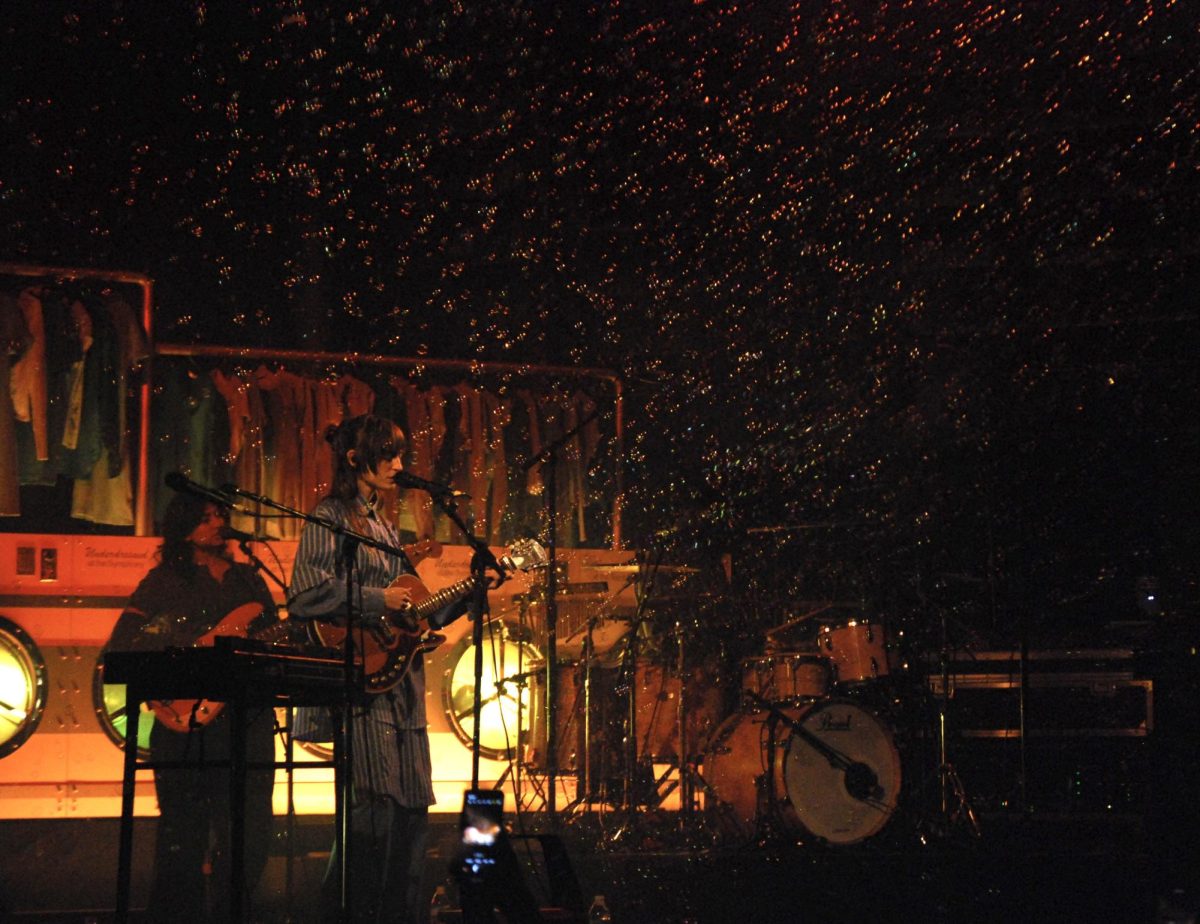

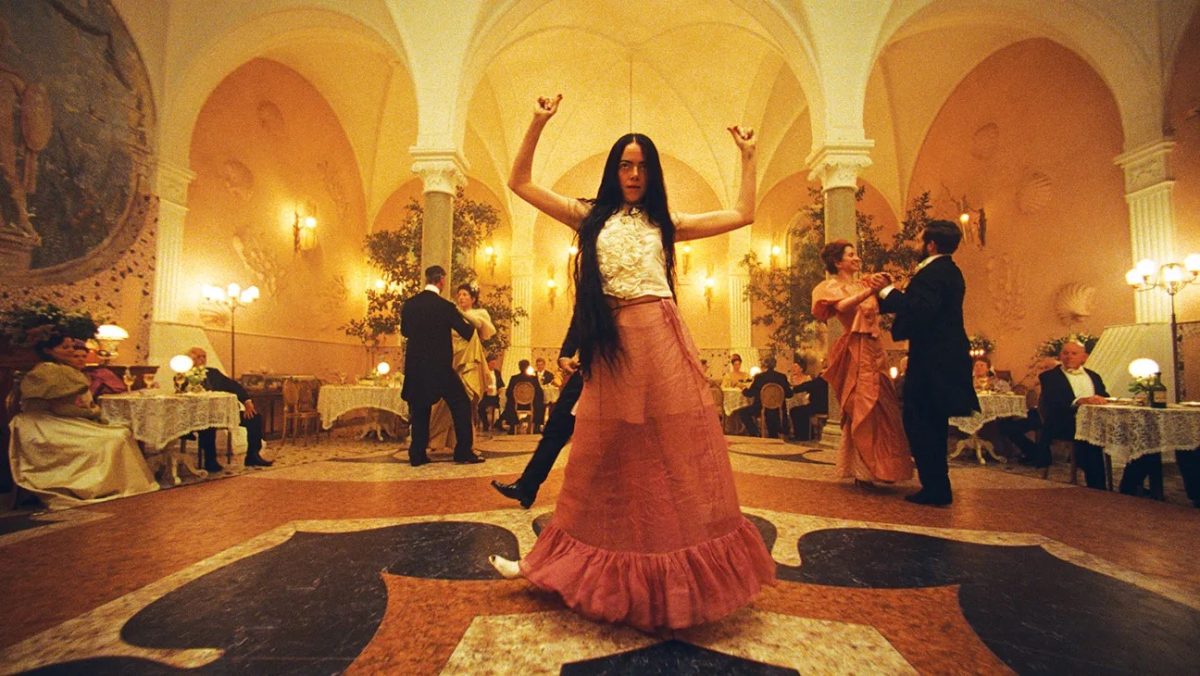





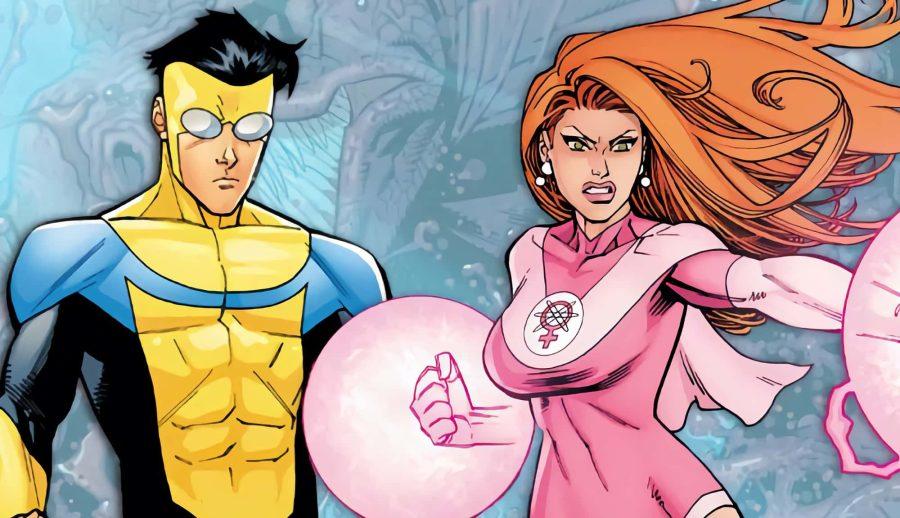
Jawag • Aug 3, 2021 at 10:38 am
https://cbdacbd.com/benefits-of-raw-cbd-oil-usa/
MicDon • Aug 2, 2021 at 11:39 pm
https://bushweedo.com/cannabis-seeds-high-yield-per-plant-usa-guide/
Ronnie Cash • Jun 1, 2021 at 8:39 pm
I believe the daughter was 8 not 88.
Dj • May 31, 2021 at 11:03 pm
Hey they heading claims it’s an Edgar wright film…
Instead of a Joe wright film